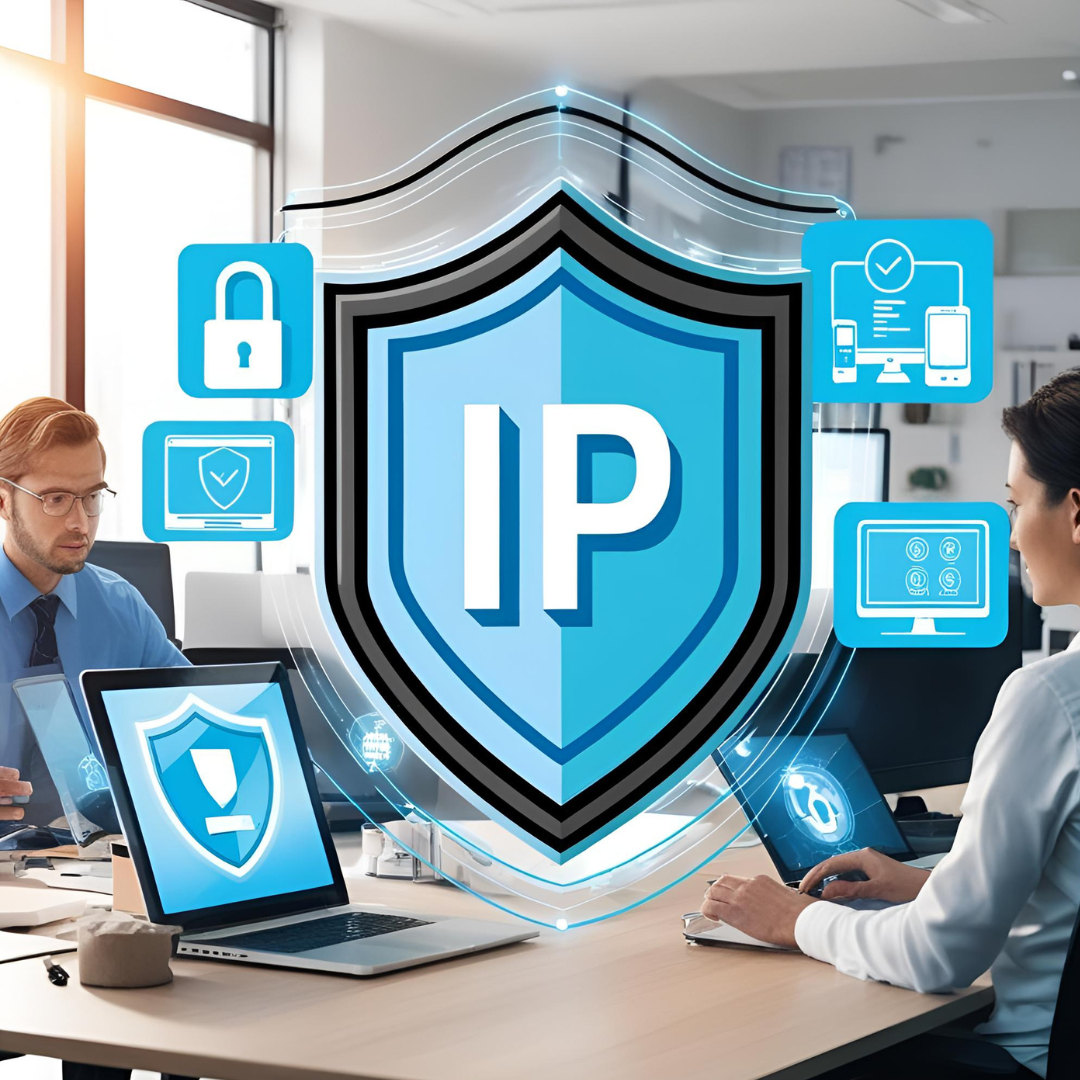
06
My IP: What It Is, Why It Matters, and How to Keep It Safe
Discover what 'my IP' means, how to find it, and why it’s crucial for privacy. Learn to protect your IP address with VPNs, firewalls, and smart habits. Stay safe online!
Introduction
Picture this: You’re binge-watching your favorite show (oops, binge-watching), and suddenly, the screen freezes. You call your ISP, and they ask, “What’s your IP address?” Cue the panic. “My IP? What even is that?” Don’t worry—you’re not alone. In this guide, we’ll break down everything about your IP address—how it works, why it’s important, and how to protect it. No tech jargon, I promise. Let’s get started!
What Is an IP Address?
IP stands for Internet Protocol. Think of it like your home address, but for the internet. It’s a unique string of numbers (like 192.168.1.1) assigned to your device so it can communicate with websites, apps, and other gadgets. Without it, your Netflix marathon would be impossible.
Fun fact: There are two types of IP addresses—IPv4 (the older, shorter one) and IPv6 (newer, longer, and way more complex). IPv4 has been around since the 1980s (or was it the 90s? My memory’s fuzzy), and we’re running out of them. That’s why IPv6 exists!
How Does Your IP Address Work?
Imagine mailing a letter. You need a return address so the recipient knows where to reply. Similarly, when you visit a website, your IP tells the site’s server where to send the data (like cat videos or banking info). Here’s the kicker: your IP isn’t static. If you reboot your router or switch networks (like from Wi-Fi to mobile data), it changes.
Static vs. Dynamic IPs
- Static IP: Stays the same forever. Great for hosting websites or gaming servers.
- Dynamic IP: Changes periodically. Most home users have this—it’s cheaper and safer.
Personal Anecdote: I once tried hosting a Minecraft server using my dynamic IP. Let’s just say… my friends were not thrilled when the IP changed mid-game.
Why Should You Care About Your IP Address?
- Privacy Risks
Hackers can use your IP to track your location or launch attacks. Creepy, right? - Geo-Blocking
Ever tried watching a show only to get “This content isn’t available in your region”? Your IP gives away your location. - Security
Companies block suspicious IPs to prevent fraud. If your IP gets blacklisted, even you might get locked out. - Troubleshooting
ISPs use your IP to fix connectivity issues. “Turn it off and on again” only goes so far.
Oops Moment: I once blamed my slow Wi-Fi on my ISP, only to realize my toddler had hidden the router behind the couch.
Creative (and Unexpected) Uses for Your IP Address
- Gaming: Host private servers for friends.
- Remote Work: Access your office network securely.
- Smart Homes: Control devices like thermostats or cameras remotely.
- Block Annoying Users: Ban specific IPs from your website or forum.
How to Find Your IP Address
It’s easier than assembling IKEA furniture:
- Windows: Open Command Prompt, type ipconfig, and look for “IPv4 Address.”
- Mac: Go to System Preferences > Network. Your IP’s under “Status.”
- Phone: Settings > Wi-Fi > Tap the ⓘ icon next to your network.
- Google It: Literally, type “What’s my IP” into Google. It’ll show your public IP.
Pro Tip: Your public IP (used by websites) is different from your private IP (used within your home network). Don’t mix them up!
How to Protect Your IP Address
- Use a VPN
A Virtual Private Network masks your IP by routing your traffic through a server elsewhere. Bonus: It encrypts your data. - Enable a Firewall
Firewalls block unauthorized access to your network. - Avoid Public Wi-Fi
Coffee shop Wi-Fi = hacker playground. If you must use it, stick to a VPN. - Use a Proxy Server
Like a VPN-lite. It hides your IP but doesn’t encrypt data.
Mistake Alert: I once used a free VPN that slowed my internet to dial-up speeds. Lesson learned: You get what you pay for.
The Future of IP Addresses
With IoT (Internet of Things) devices exploding—smart fridges, doorbells, even pet feeders—IPv6 adoption is growing. It supports trillions of unique addresses, so we’ll never run out. Experts also predict AI-driven IP management to fight cyberattacks.
Final Thoughts
Your IP address is your digital fingerprint. It’s useful, but it’s also a vulnerability. Whether you’re streaming, gaming, or just scrolling Instagram, take steps to protect it. Now that you know how to find “my IP” and keep it safe, go forth and surf smarter!
Contact
Missing something?
Feel free to request missing tools or give some feedback using our contact form.
Contact Us